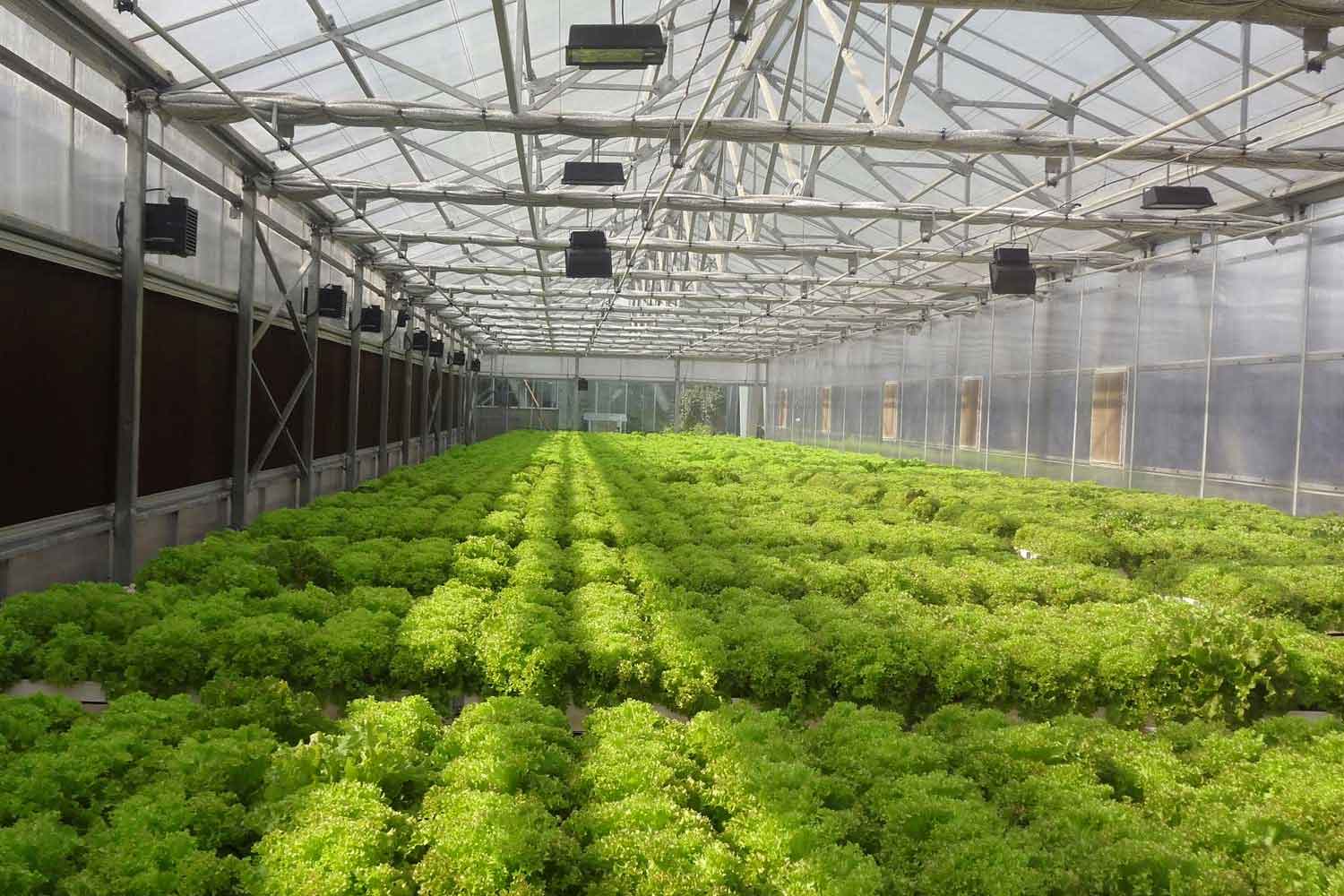
Hydroponically grown food is as nutritious as soil-grown
With the extinction of arable land, modern scientific approaches such as hydroponics are emerging as a viable food source. In comparison to traditional farming, hydroponics allows for more sustainable food grown in a shorter amount of time. Consumers commonly see vegetables labeled as hydroponically farmed in supermarkets, but there is still some uncertainty about how these healthy-looking crops compare to conventionally cultivated fruit.
Knowing how hydroponics works and how it impacts the nutritional worth of the foods produced will help you understand the concept better. Hydroponic veggies are produced in a liquid solution that contains the minerals that the plant requires to thrive. A greenhouse is usually used to house a hydroponics farm, but hydroponics systems can also be set up outside.
Food cultivated hydroponically provides nutrition!
Vitamin levels are similar whether a vegetable is grown hydroponically or on soil since plants manufacture their vitamins. The mineral content of hydroponic crops varies based on the fertilizer used. Plants in the garden obtain a lot of their nutrients from the earth. Nutrients must be given via carefully made mixes in a hydroponic garden. Some scientists argue that the manner of cultivation has minimal bearing on the nutritional content of a plant. Some argue that the fact that plants don't come into contact with the soil keeps them healthier because illnesses are less likely to infect them.
Hydroponic Vegetable Considerations
The amount of water and nourishment may be monitored in hydroponics. The amount of nourishment a plant requires is blended with the water in which the plant's roots remain submerged. This guarantees that the plants grow to their full potential. To save water, the extra water that the plant does not use is recycled back to the plants. Crops produced in the ground need about ten times the amount of water used in hydroponics. This is because hydroponics uses nutrient-rich freshwater for crop growing.
Pesticides and insecticides are used in traditional farming to protect crops from pests and diseases. Pesticides are not required in hydroponic farming since the plants are cultivated in a regulated environment that does not promote the growth of pests, bugs, or illnesses. There is no way for the bugs and diseases to be carried over to the next set of crops because they are stopped before they start. The seedlings are nurtured from the start, and each plant is manually transplanted into the hydroponic system. Weeds will not be able to grow in between them as a result of this.
Conclusion:
If you decide to establish a hydroponic garden, It is recommended that you look into making it organic as well. Hydroponic system provides top-of-the-line hydroponics farming equipment and is dedicated to assisting next-generation agripreneurs by spending the necessary time and resources. Hydroponics growing techniques which are environmentally friendly. In general, hydroponically grown veggies have about the same nutritional content as traditionally cultivated crops. Pesticides and fertilizers are not used in any of the processes assuring safe and wholesome produce for humans and Mother Nature.
Add Comment
Your Email address will not be published
Your Rating : Please Select